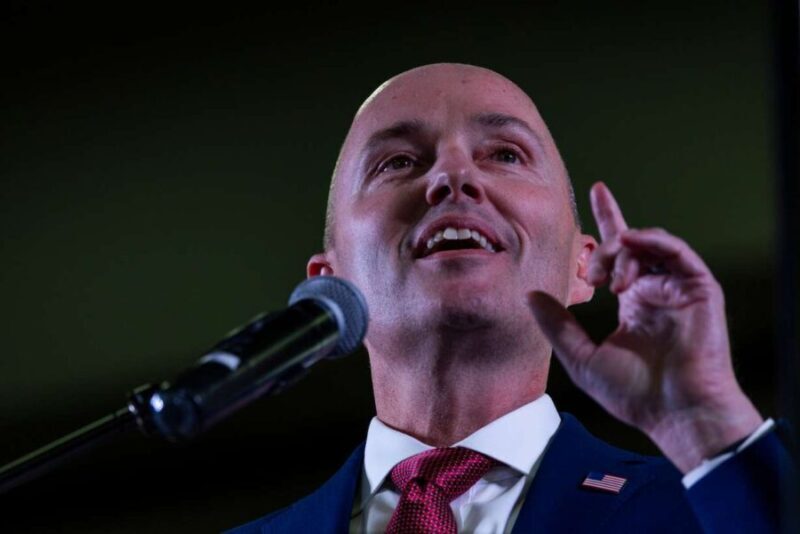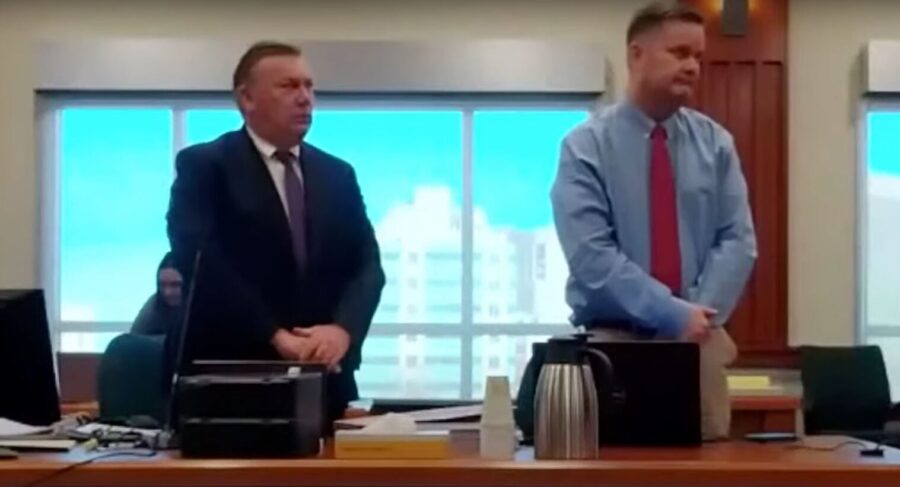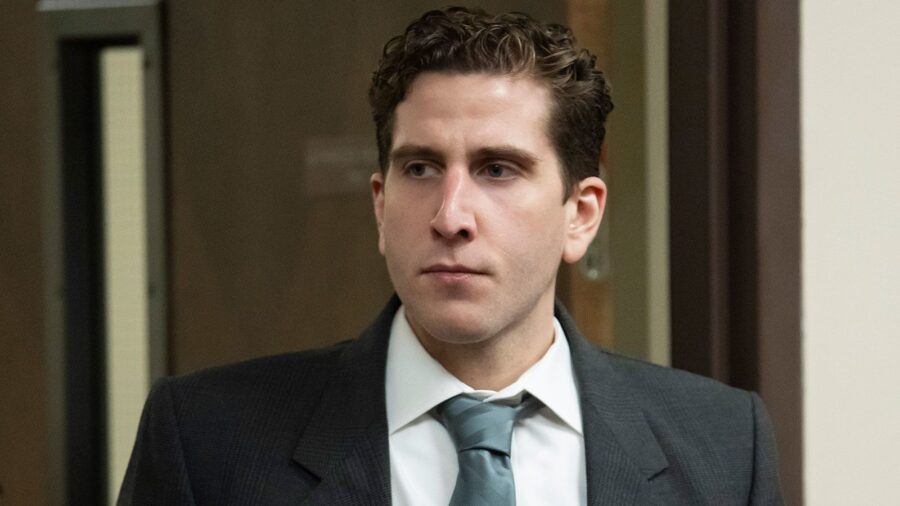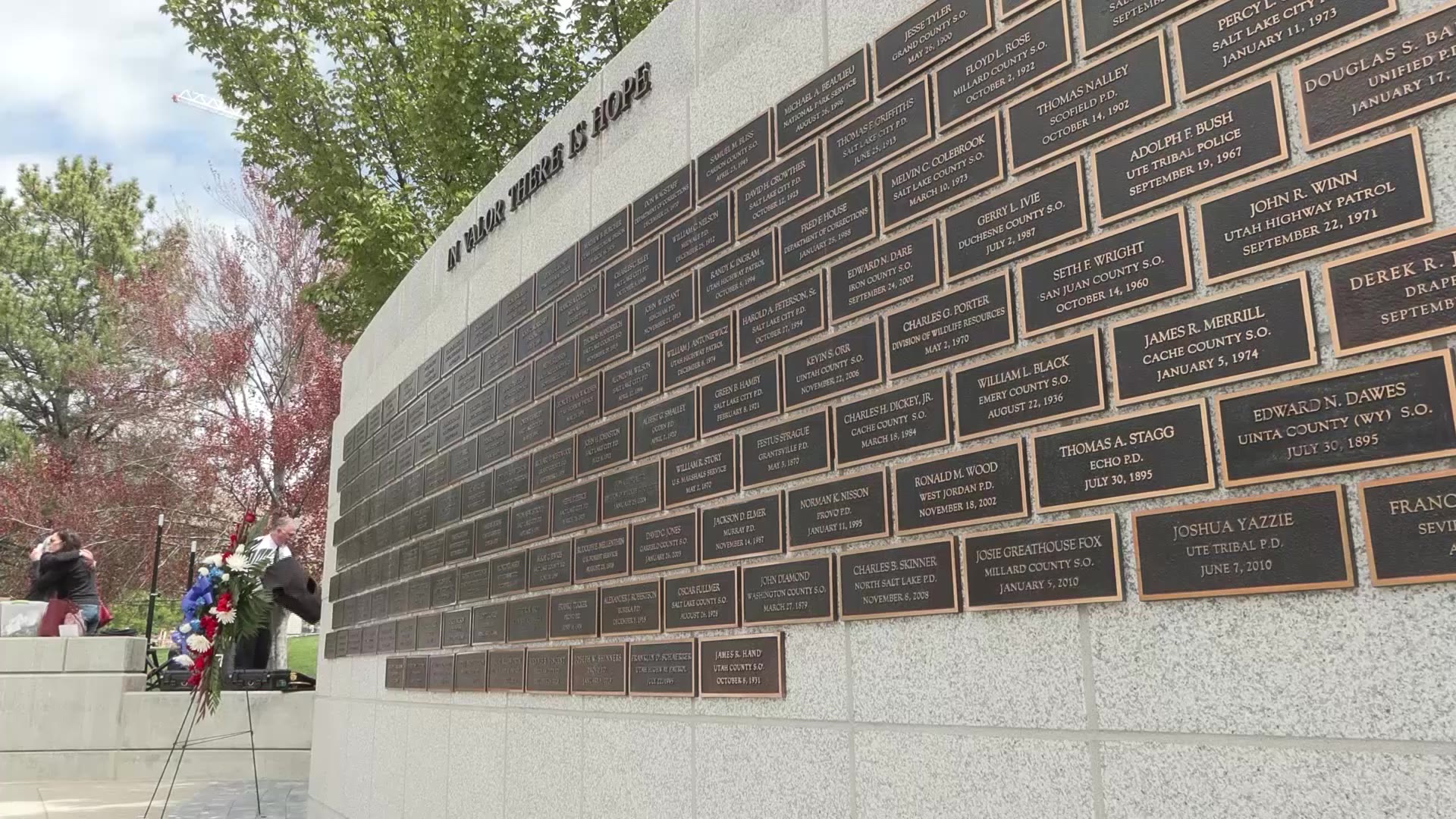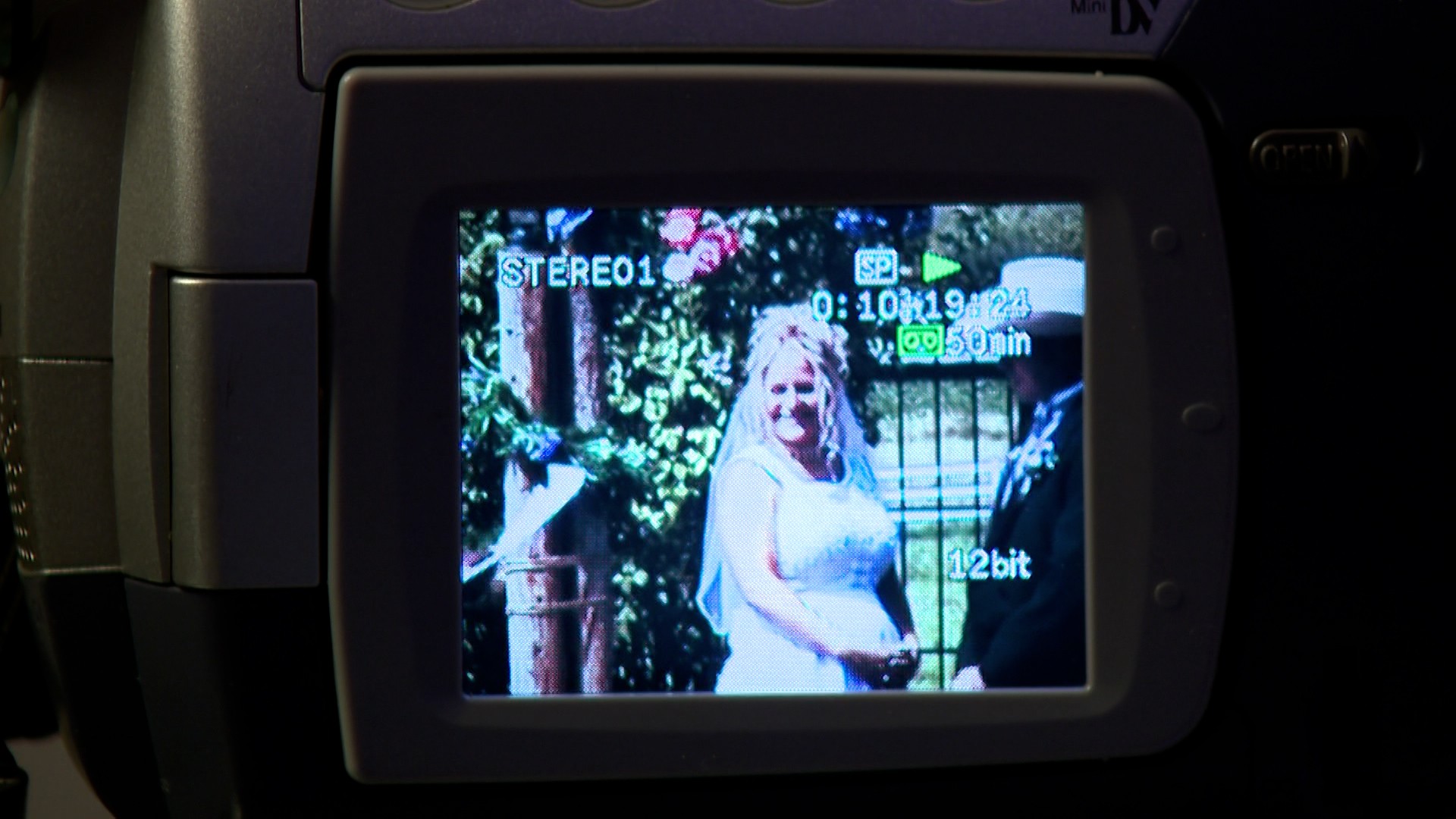Utah lawmaker’s push to regulate short-term rentals falls short
Feb 24, 2024, 8:25 PM | Updated: 10:16 pm
SALT LAKE CITY — A Utah legislative committee voted not to advance a bill that would have imposed regulations on short-term rentals in the state.
During a hearing of the House Business and Labor Committee earlier this week, lawmakers voted 11-1 to hold HB180, sponsored by Rep. Gay Lynn Bennion, D-Cottonwood Heights. That means it’s highly unlikely the proposal will move any further in the remaining days of the legislative session.
Bennion told the committee she wanted to “set a state standard of safety” for short-term rentals, such as Airbnb or Vrbo, and “create a level playing field with other lodgings like hotels.”
Her bill sought to establish restrictions on the number of occupants allowed in short-term rentals and set basic safety standards.
The measure also would have required short-term rental owners to obtain a permit from a city or county, and a tax license from the state. Owners would also have to designate a local contact who lives near the rental unit.
But Bennion’s bill met with strong opposition from her fellow lawmakers and those who commented publicly during the House committee hearing on Tuesday.
“Why can’t cities just do this on their own?” said Rep. Calvin Musselman, R-West Haven. “You’re using somewhat of a stick here to dictate to the cities (that they) have to do certain things.”
Karson Eilers, policy director at the Utah League of Cities and Towns, echoed that.
“Local governments do have the ability to do much of this already,” Eilers said.
Sharilee Griffiths, director of Discovery Family Coalition and a short-term rental owner, criticized the proposed occupancy limits.
“We’re a state about families and bringing families together,” said Griffiths. “This bill absolutely eliminates that.”
No one spoke in favor of the bill during the committee hearing.
Pushing her fellow lawmakers for support, Bennion told them the bill could also serve to discourage Wall Street investors from buying houses in Utah.
“That is the purpose of this bill is to show these large firms that Utah has some state standards,” Bennion said, “and even just seeing those will make them less likely to invest in housing in Utah and protect our local short-term rental owners.”
HB180 was opposed by Airbnb. The company’s senior policy manager, Alex April, told lawmakers the bill would put “an excessive burden on cities and counties” and introduce “bureaucratic complications.”
“We do support reasonable regulations,” April said. “The bill does possess confusion for both hosts and local governments.”
A June 2022 analysis from the Kem C. Gardner Policy Institute found Utah had tens of thousands of short-term rental listings. Many of them were concentrated in Summit, Salt Lake, Washington, Grand, and Utah counties.



